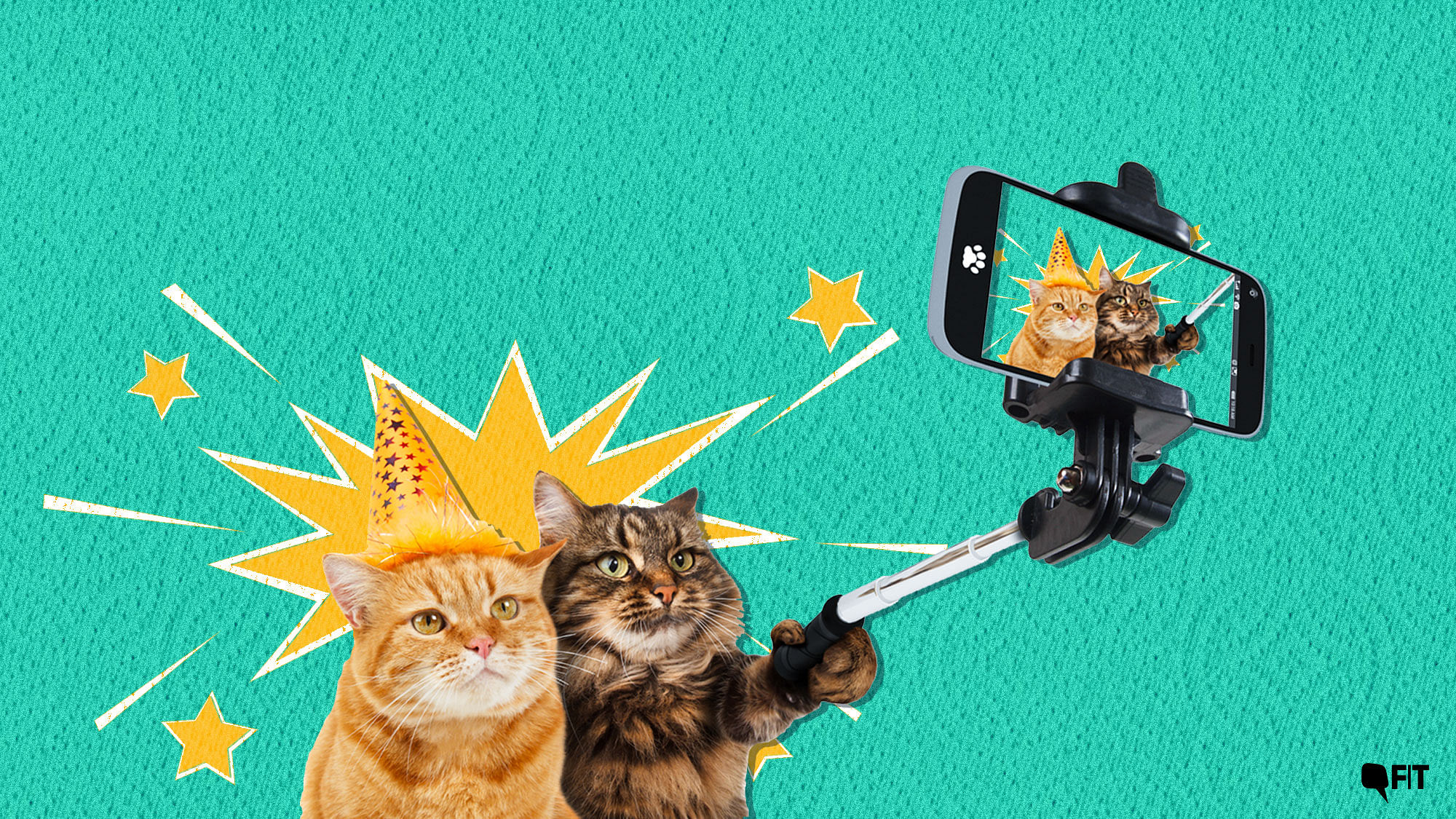Is Your Internet Addiction Leading to Weight Gain, Insomnia?
While there is an endless source of knowledge in our pockets, we are spending all of our time meme-hopping.

If I had a penny for every time millennials were asked to look away from a screen to admire their surroundings instead, I could quit my job and go gallivanting on a Euro trip, (documenting it on my social media at every step, of course).
As you read this article on a screen, moving your well accustomed thumb to scroll down, there are perhaps a dozen other small tabs on the margins, goading, egging you to click on them. A new lipstick? A baseball cap? How about snazzy earphones - what was the last thing you searched for? Say hello to Google, your (not-so) new digital parent. Afterall, mommy does know it all.
However, how dysfunctional, truly, is this relationship with the Internet and your phone? Let’s find out.
1. Internet is Making You Dumber
The Internet is making you dumber, boys and girls, and it’s no big secret.
Your ability to concentrate on long pieces of writing is severely jeopardised. Jumping from one link to another to a different tab and window is not helping you at all. The current human attention span (8 seconds) has gotten shorter than that of a goldfish (9 seconds - I didn’t say it, a study carried out by the tech-giant Microsoft did, as quoted by Time). Consequently, the human mind is getting acclimatised to jumping from one thing to another without really spending any time on the task at hand.
The upside of the study? We are apparently getting better at multi-tasking.
While there might be a whole cornucopia of knowledge and information right in your pocket, most of us simply end up spending time moving from one cat meme to the next. Earlier I would go deep into the forest, analyse every leaf and tree trunk. Now I simply gaze at the flowers from the periphery and move on like someone in a high-speed automobile.
With all the texting, instant messaging, e-mailing, there is definitely more reading happening now than probably three decades ago when telephones and televisions ruled uncontested. However, contemporary reading is an apple which has fallen quite far from its parent tree.
2. Why Does Social Media Make People Feel Good?
There is a reason why netizens are hooked to pretty selfie-frames and virtual beaus. A social media update is like receiving a dopamine shot. Dopamine, also known as the “reward molecule”, controls the pleasure system of the brain.
It is stimulated by unpredictability, a Pavlovian promise of reward and what we can safely term as information-tease. This explains why social media validation can cheer you up and why small bits of information in the form of tweets or short texts get you more hooked by not fully satisfying.
However, social media related dopamine shots, like any other drug, have both their highs, as well as the lows. There’s a reason why often a single update can make or ruin your day, dear reader. The constant stimulation can leave the system exhausted and land you in a dopamine loop.
Dr Samir Parikh, Psychiatrist and Director of Fortis Mental Healthcare, comments on this:
3. Dear Unwitting Smartphone User, Meet Insomnia (and Weight Gain)
When we asked our readers what is the first thing they do when they wake up, a neat majority answered they reach for their phone. Clearly, we are spending a lot of time on our phones.
Your romance with your phone might not be fitting well with your sleep patterns, however. According to a study cited by CNN, smartphones can actually be linked to insomnia. Additionally, researchers have concluded that the screen light of a phone or any other gadget can hinder the production of melatonin, aka the tiredness and sleep-inducing hormone.
Adding to this, Dr Parikh says:
Lack of sleep is also capable of messing with the BMI and leading to weight gain, especially in children, along with causing diabetes, depression and cardiovascular diseases. Commenting on this, Dr Parikh says that being on a smartphone or any other gadget leads to a sedentary lifestyle. It reduces the time one would spend on social and physical activities, and on recreation, he adds.
(At The Quint, we are answerable only to our audience. Play an active role in shaping our journalism by becoming a member. Because the truth is worth it.)